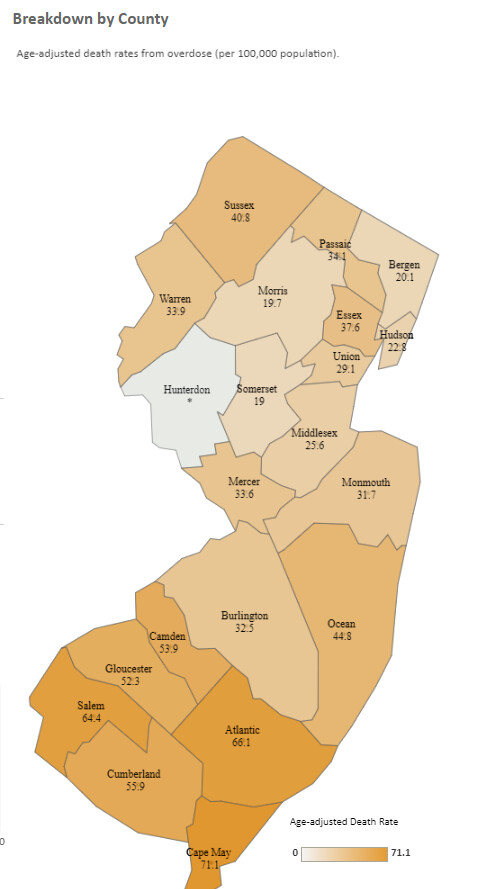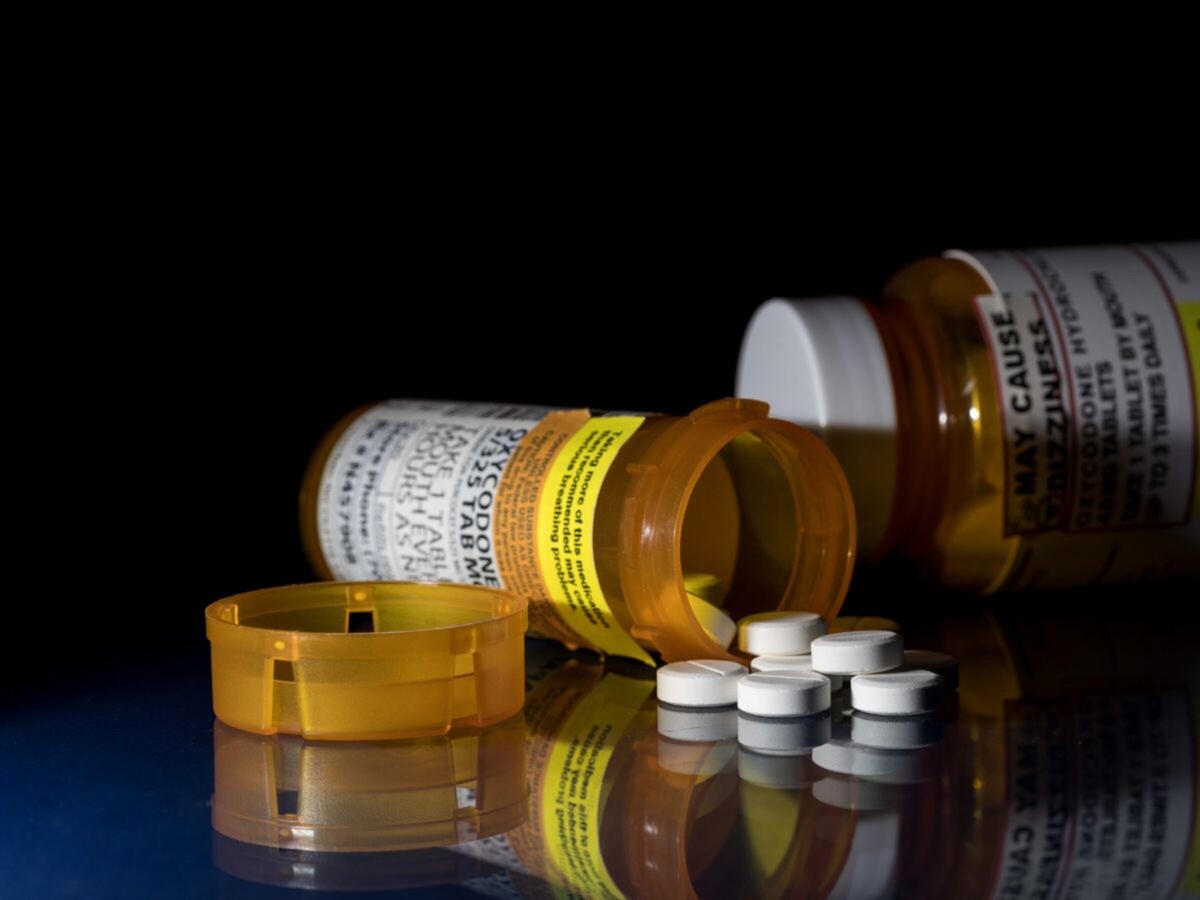NJ Introduces Overdose Mortality Dashboard to Combat Opioid Crisis
Online Resource Offers Insight into County-Level Overdose Trends.
The New Jersey Department of Health (NJDOH) has unveiled the Overdose Mortality Data Explorer, a new online tool designed to reveal demographic disparities in fatal drug overdoses across the state's counties.
This innovative dashboard, funded through a $4.5 million annual grant from the Centers for Disease Control and Prevention's Overdose Data to Action (OD2A) program, marks an advancement in New Jersey's ongoing battle against overdose-related fatalities. It's a cornerstone of the state's efforts to tailor interventions and resources to the communities most affected by this crisis.
Governor Murphy underscored the importance of this resource, stating, "This new resource launched by the Department of Health will play a critical role in our efforts to end the opioid epidemic in New Jersey. To effectively combat this crisis, we must be informed about the devastating impacts of overdose-related harms across the state. This resource will better help us determine how to target critical support through prevention, treatment, and recovery services and programs.”
The dashboard, part of New Jersey's State Unintentional Drug Overdose Reporting System (SUDORS), showcases overdose data derived from death certificates and detailed medical examiner reports, including toxicology findings. It covers overdose deaths from 2012 to 2022, providing invaluable insights for community stakeholders aiming to prevent and respond to overdoses.

Acting Health Commissioner Dr. Kaitlan Baston highlighted the gravity of the issue, noting, “Any life lost to overdose is too many. More than 3,000 New Jerseyans were lost to overdose in 2022, and more than 109,000 nationwide. That’s over seven New Jersey residents dying every day.”
While New Jersey has observed a stabilization in overdose deaths, disparities are increasing, particularly in rural counties and among different racial groups. The OD2A grant is pivotal in enhancing the state's response, allowing for more rapid, effective, and equitable actions, including:
- Collecting and analyzing comprehensive data on overdose morbidity and mortality.
- Continuing successful DOH programs like Overdose Fatality Review Teams.
- Supporting innovative programs, such as Emergency Department Peer Navigator programs and community-EMS overdose co-response teams.
- Providing harm reduction tools and resources, including mail-based naloxone distribution and fentanyl test strips.
This initiative is part of a broader government strategy to address the opioid crisis, complementing Governor Murphy's historic investments in evidence-based solutions like medications for opioid use disorder and harm reduction.















